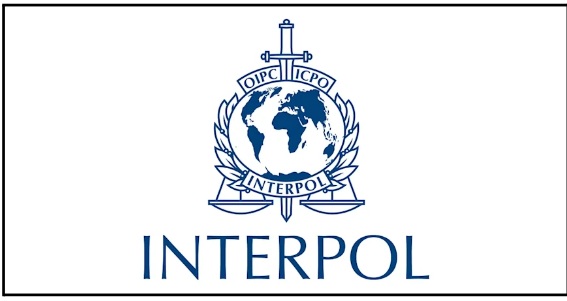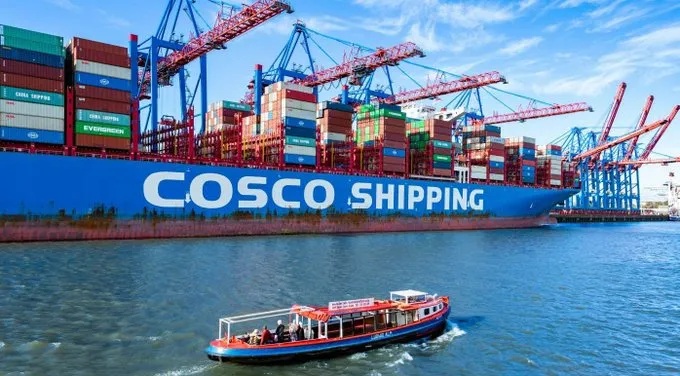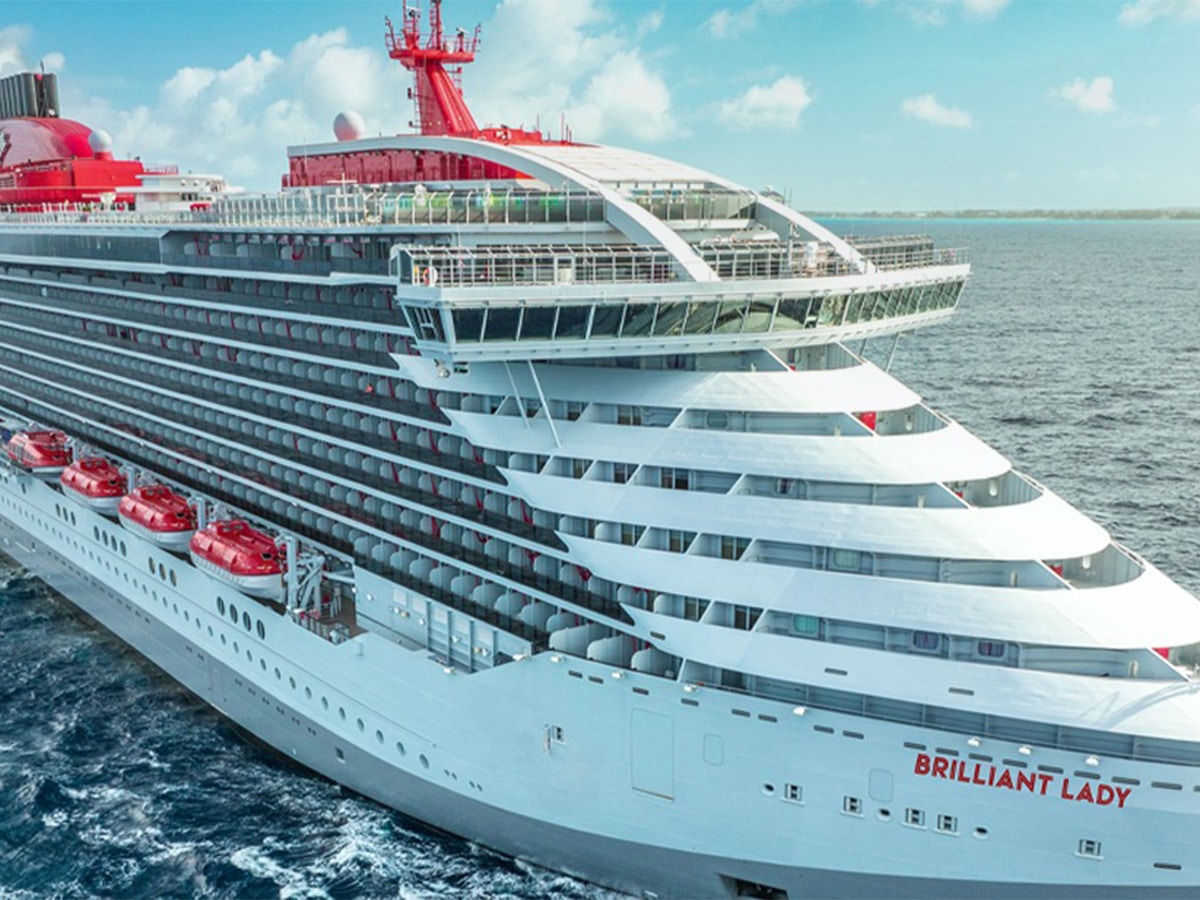Panama For Humanitarian Reasons, Granted Temporary Permits to 112 Migrants in the Darien
Migrants were housed at the Decapolis Hotel, located in Paitilla, Panama City, last month. They are now in Darién. Migrants refuse to return to their home countries or move to a third country, citing fear for their safety.

Security Minister Frank Ábrego reported that of the 299 migrants deported by the United States to Panama, 177 have voluntarily returned to their countries of origin, and another 10 are in the process of returning. However, 112 of them refuse to return to their countries or move to a third country, citing fear for their safety. Given this situation, the Panamanian government will grant them a temporary humanitarian permit for 30 days, with an extension of up to 90 days if necessary, so that they can complete their paperwork and return to their countries of origin or travel to a third country. While their future is being decided, the migrants remain in shelters in San Vicente, Darién, where they will receive assistance until they complete the necessary interviews to access the humanitarian permit. “The process will only take a couple of days,” said Ábrego, who stressed that the Panamanian authorities have worked in coordination with the International Organization for Migration (IOM) and the UN Refugee Agency (UNHCR) to facilitate solutions.
Transcontinental Migrants
Most of the migrants repatriated to Panama come from transcontinental countries such as Iran and China, among others. So far, none have received refugee status, although the authorities evaluate each case individually. The humanitarian permit seeks to offer them time to regularize their situation before being transferred to another country or returning to their places of origin. Minister Ábrego, pictured below, confirmed that migrants will have access to legal advice in the coming hours, after some expressed concern about not having received legal support. “If not today, it will be tomorrow, but they will have access,” he said. This assistance is key to defining the steps to follow in each case, ensuring that decisions are made in an informed manner.

Most of the migrants repatriated to Panama come from transcontinental countries such as Iran and China, among others. So far, none have received refugee status, although the authorities evaluate each case individually. The humanitarian permit seeks to offer them time to regularize their situation before being transferred to another country or returning to their places of origin. Authorities in the Guna Yala region have expressed concern about the migratory flow through the region. According to Ábrego, the community decided to suspend a voluntary return route following a tragic accident in which a girl lost her life. In response, the Panamanian government has explored new transit alternatives to prevent migration from further affecting the region and the Darién National Park, where ecological devastation and the accumulation of waste have reached alarming levels.
More than 3,100 Migrants have Entered Panama
The Minister of Security reported that, to date, at least 3,100 people have crossed the southern border of Panama on their way north. These records have been verified together with the Costa Rican authorities at the border control points. The Panamanian government seeks to guarantee the safety of both migrants and the local population in this complex process. Panama has an agreement with Costa Rica to facilitate the transit of migrants. The first interviews to grant humanitarian permits began this week. It is expected that by the end of the week, some 30 to 40 migrants will already be in the Panamanian capital arranging their departure to other destinations. This permit will allow them to move freely and coordinate their trip without restrictions. According to official data, the migratory flow at the border between Panama and Colombia has decreased dramatically in recent days. In the last 72 hours, only 13 people have crossed the border. This 96% drop in entries through Darién reflects a change in the dynamics of migrant mobility.






